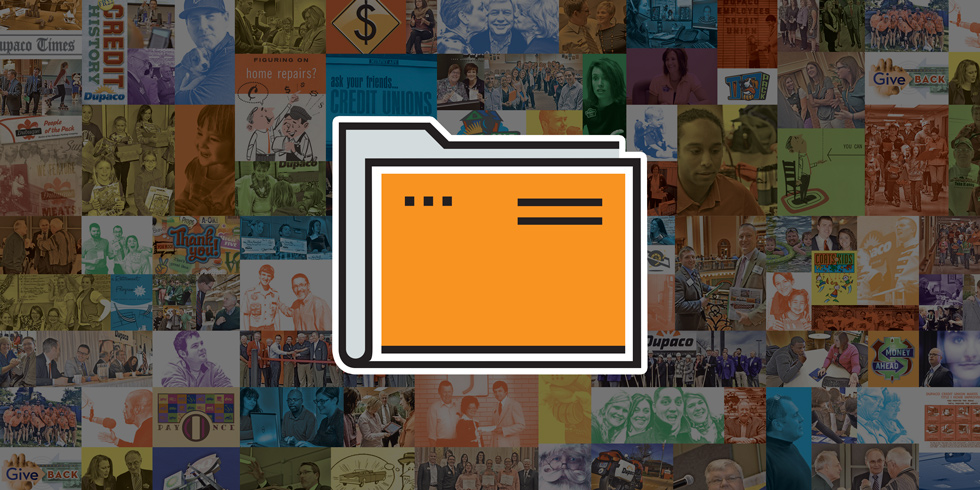
Here’s the most important thing to remember about your business records: Document everything.
From keeping receipts to processing employee payroll, you need to document all of it. And here are two big reasons:
- The Internal Revenue Service needs this information.
- You need to know what money is coming in and going out of your business.
It’s best to develop good bookkeeping and record-keeping habits from the beginning.
3 ways to manage your business records
Pen, paper and a shoebox
Some small businesses still use this method. If their business is simple with few transactions, it can be as effective as software. Just because a system is old doesn’t mean it won’t work.
These business owners might get paid on the spot by cash or check. But they still need to keep:
- All receipts for making and receiving payments.
- Business records of all past, present and future jobs in a receipt book.
- A record of their customers, how often they call and how much they pay.
Ideally, you’ll use a more accurate system.
Spreadsheet
A simple spreadsheet is another option.
This can work well if you’re just starting, or your business is part-time and you’re trying to keep expenses low.
If your business becomes more complicated down the road, you can switch to accounting software.
Using a spreadsheet lets you:
- Set up a basic accounting system to track invoicing, calculations and budgets.
- Easily give records to your accountant to export to their software and process your accounts.
Accounting software
If you’re serious about starting a business, it’s wise to subscribe to accounting software that links to your financial account. Many of these services are free.
Doing so allows you to document everything you need to collect and reduce the risk of errors.
Good software does a lot of the thinking for you. You can:
- Generate professional-looking invoices.
- Keep track of who owes you money.
- Enter everything accurately for your accountant during tax season.
- Get reminders when things are due.
Cloud-based accounting software offers even more benefits. You can:
- See all your accounts in real-time because the software links to your financial account.
- Take advantage of increased security. If your computer crashes, your data is backed up in the cloud. If someone steals your laptop, your financial data is safe.
- View your financial data anytime, anywhere if you have an internet connection and device.
Benefits of keeping good business records
A solid accounting system allows you to make better decisions based on what’s happening in your business now and in the future.
Identifying trends can help you make decisions and help you grow your business.
Here are some questions to answer as you track your business records:
- Which products and services generate most of your revenue?
- Which customers provide the bulk of your sales?
- Where is your money going?
- What are your biggest expenses?
- Who pays late?
- Which products make the best profit margin?
Understanding the financial trends of your business puts you in a better position to improve your profit and business.
Final thought
As a start-up, your first task is to evaluate your business needs and identify an accounting system that lets you see your cash position quickly, keep accurate records for the IRS and track cash trends.
Talking to your accountant is a good first step. They can help recommend the right system for your business and confirm whether it’s compatible with theirs.

